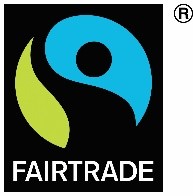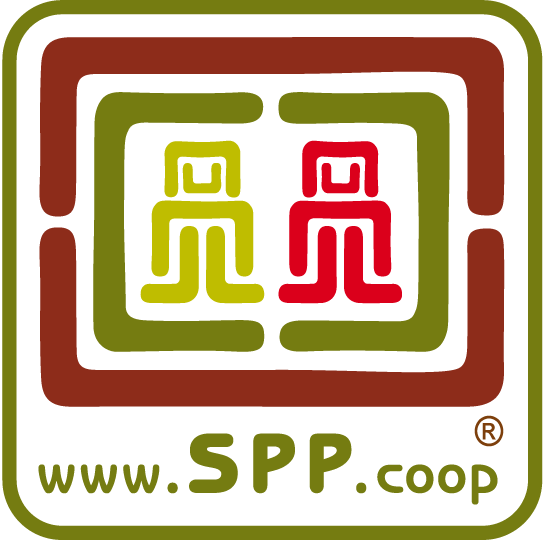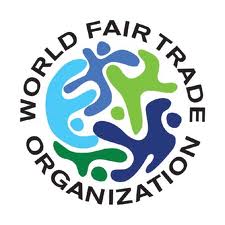Third-party certifiers and membership-based organizations ensure that standards are met, often using a seal or a stamp of approval on product packaging. The Canadian Fair Trade Network currently recognizes the following certifiers and/or membership-based organizations: Fairtrade International, the Small Producers’ Symbol, the World Fair Trade Organization, and the Fair Trade Federation.
Two types of fair trade verification
Product verification certifies specific products that have been produced, traded, processed, and packaged in accordance with a prescribed set of standards.
Membership-based verification evaluates companies and organizations based on their overall commitment and practices to a set of fair trade principles.
What to look for in fair trade verification
While a number of verification systems exist, it’s important they meet a high standard that guarantees an ongoing commitment to positive impacts. Fortunately, the verification systems that are the most reliable are also some of the most recognized and widely available.
Verification and auditing
Verification should represent standards established by a third party that does not represent specific business or company interests.
Verification standards should be accredited by a global standard-setting organization such as the International Organization for Standardization (ISO) or best-practices member organizations such as the International Social and Environmental Accreditation and Labeling (ISEAL).
The verification process should be administered by a third-party organization, operating independent from any for-profit interests. There should be clear distinctions as to the frequency and reliability of audits.
Accountability
Producers and other industry stakeholders should have input into the development of standards and verification strategies.
Transparency
Verification systems and the process for developing standards should be transparent. They should allow for product traceability, which allows consumers to trace products back through supply chains.
Scope/growth potential
Verification systems should have enough market coverage and growth potential to be visible on a wide-enough scale to be recognized by a large number of consumers.
Standards
Verification systems should have clear requirements that relate to the following:
|
Terms of trade |
|
|
Trade relations |
|
|
Labour issues |
|
|
Environmental commitment |
|
|
Further development |
|



